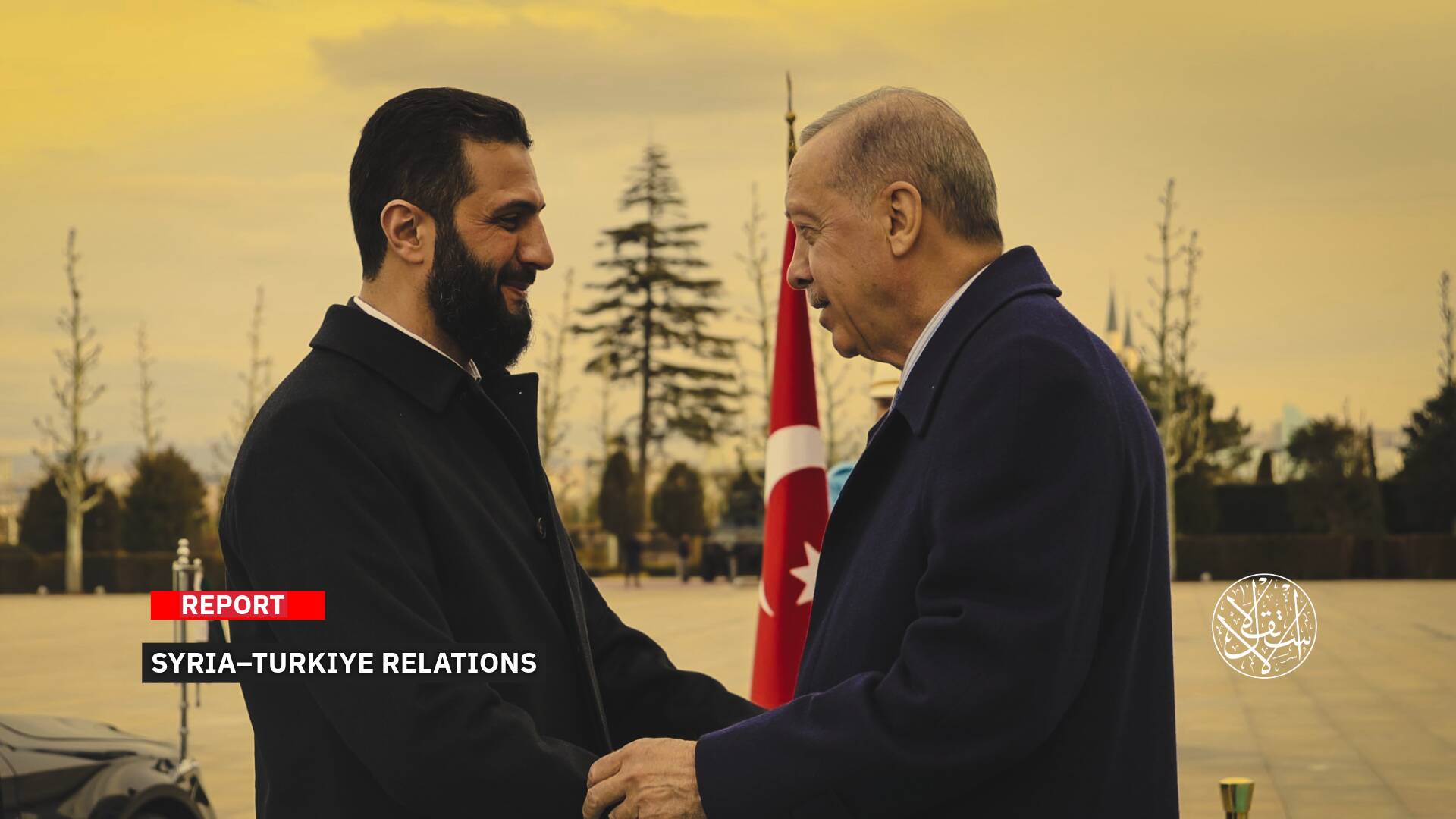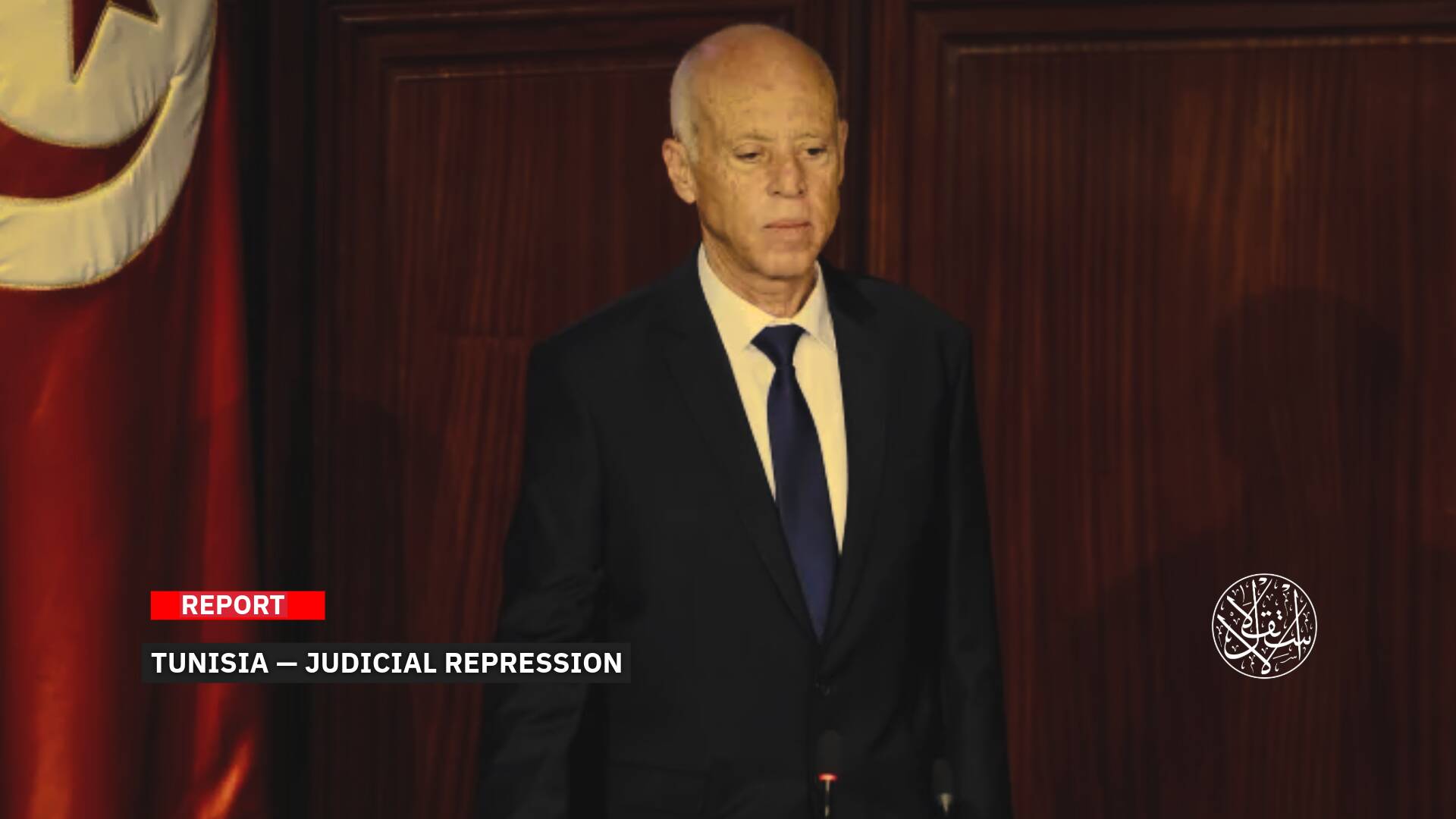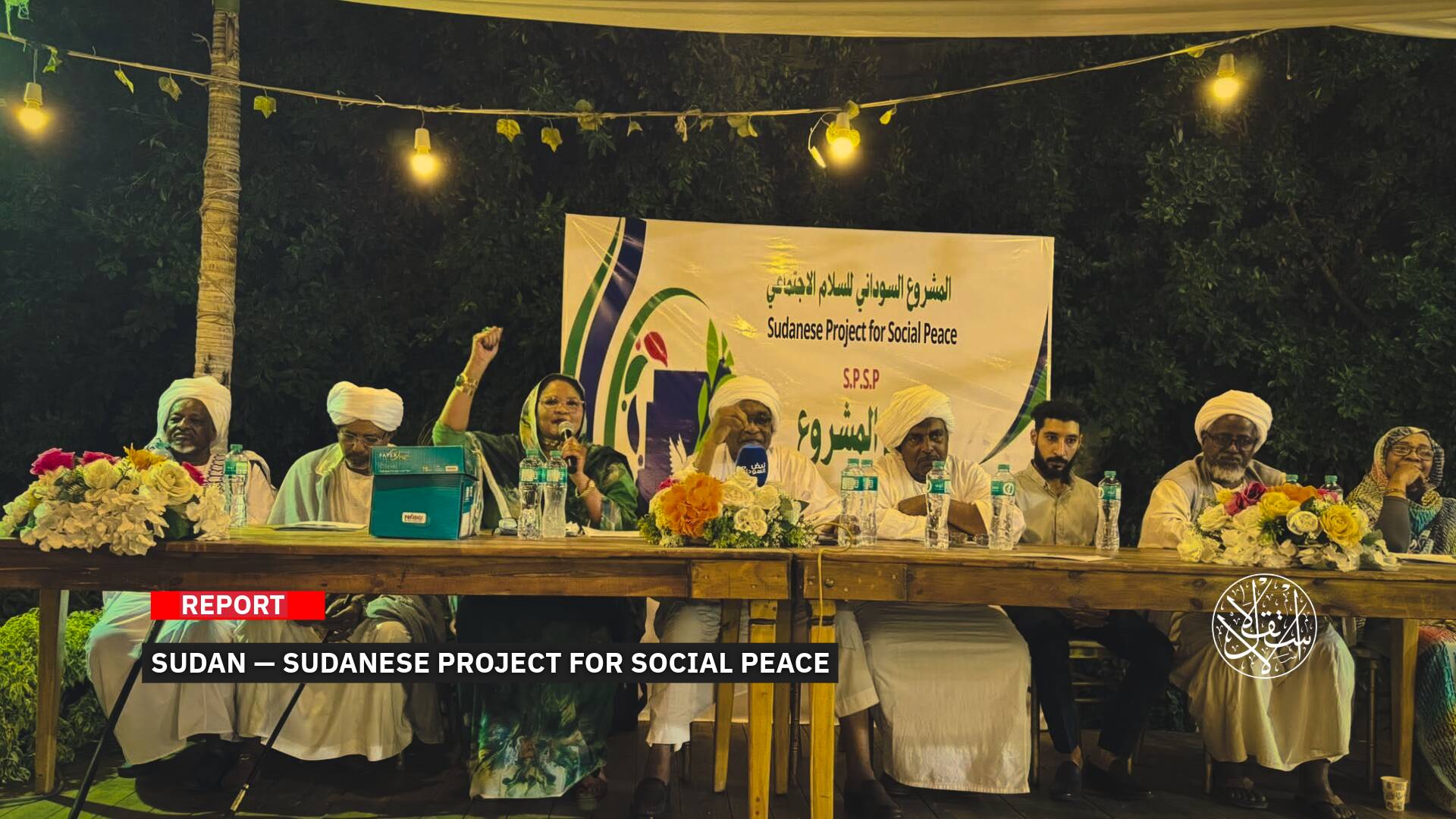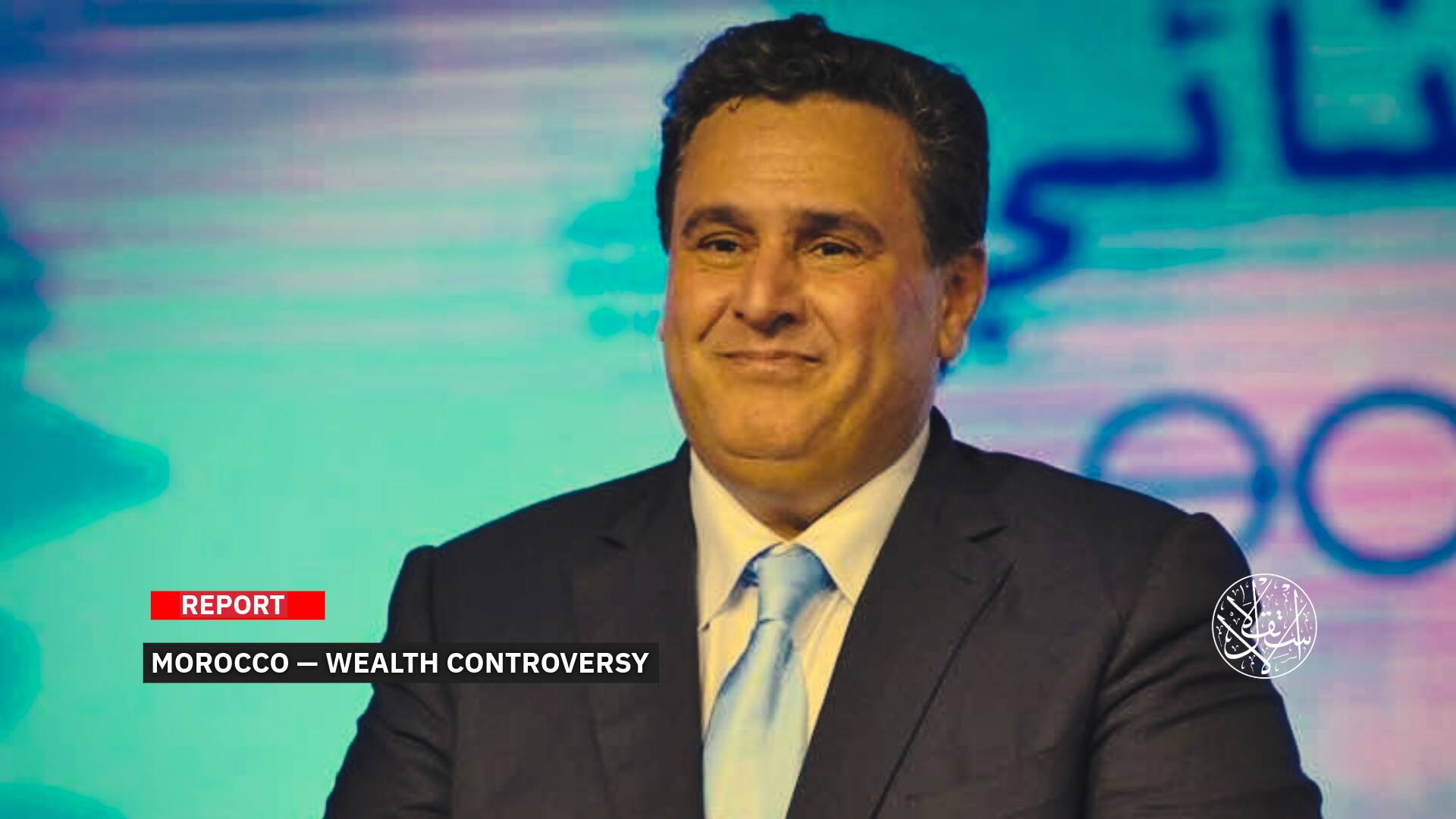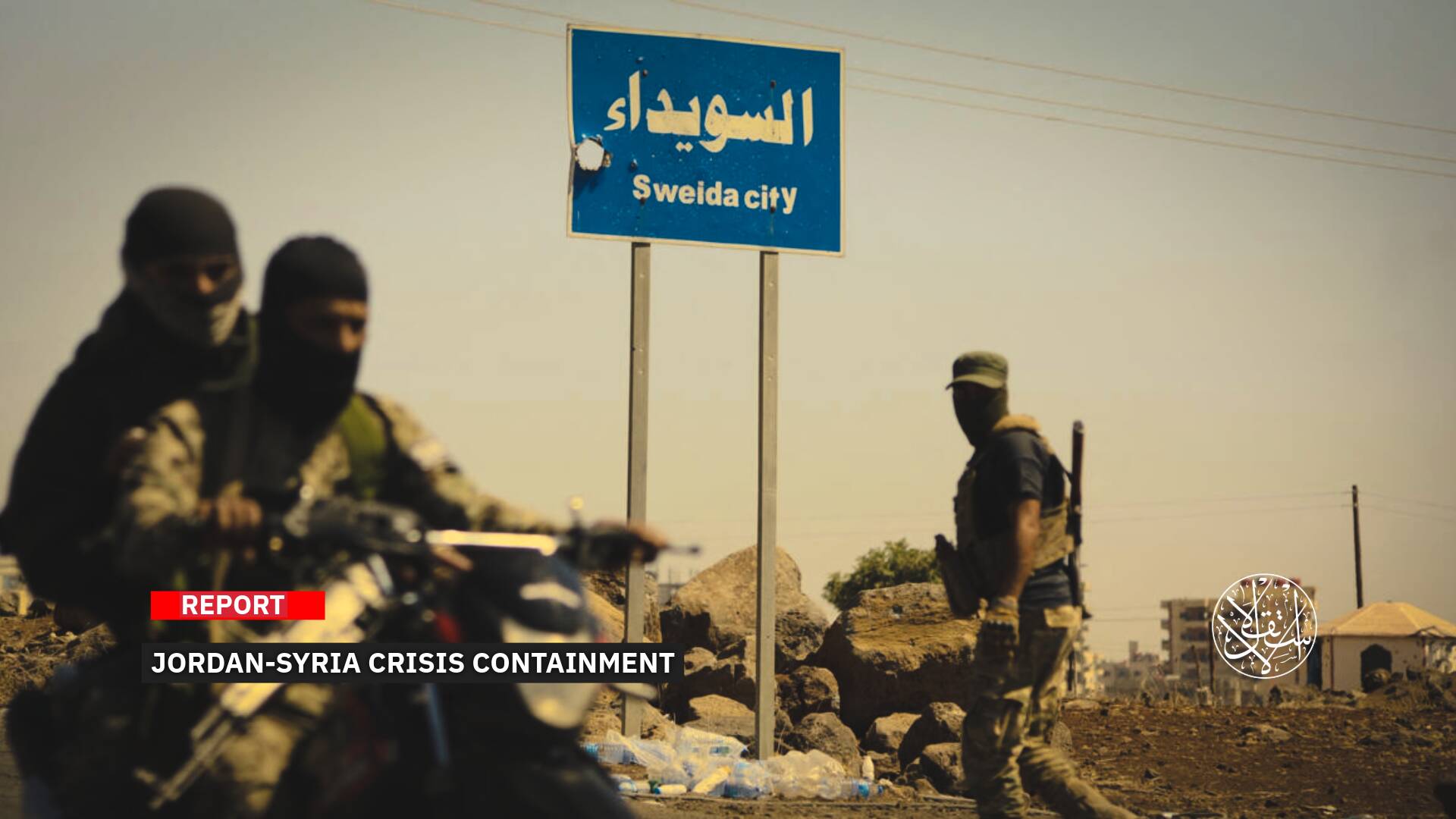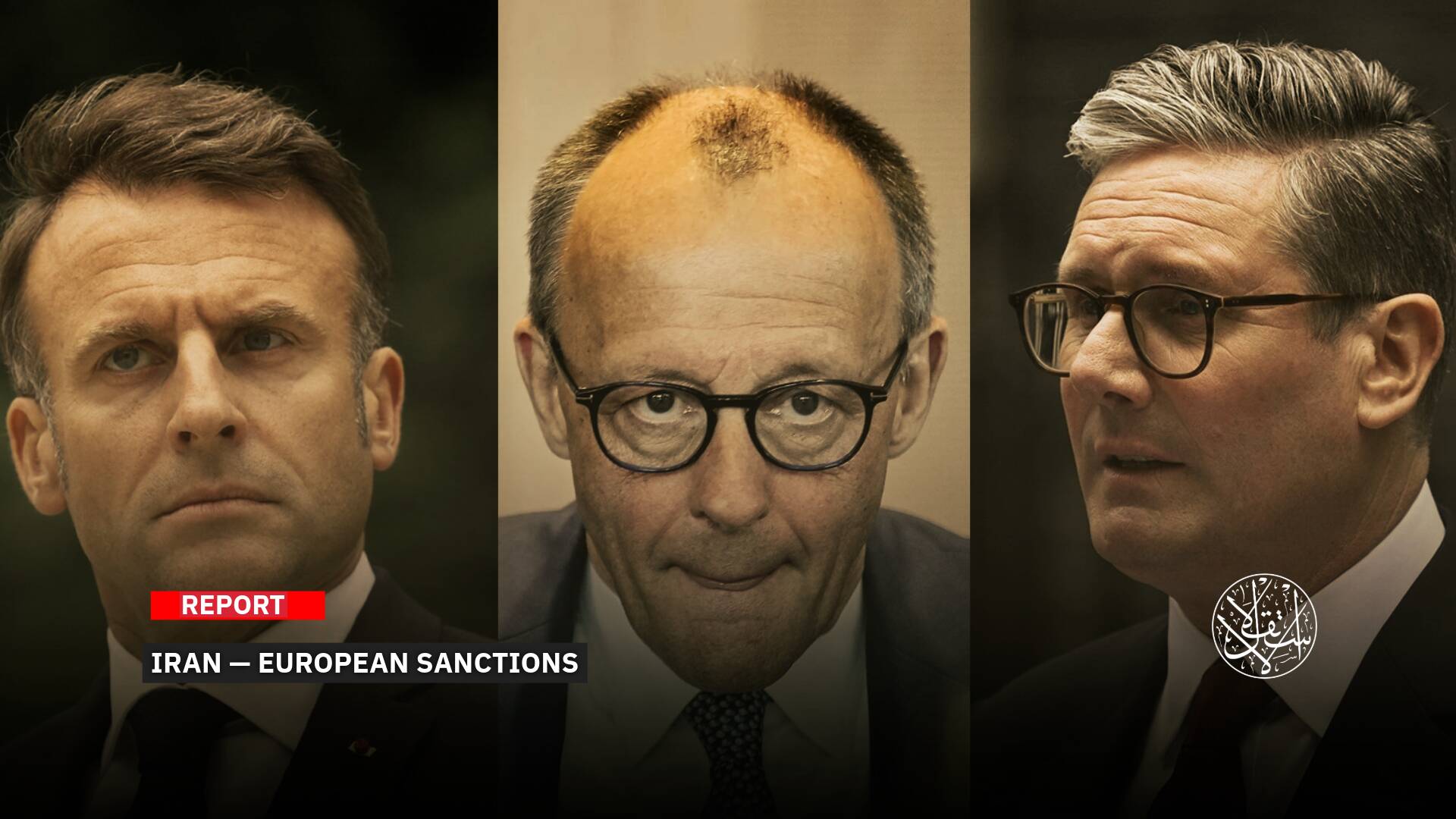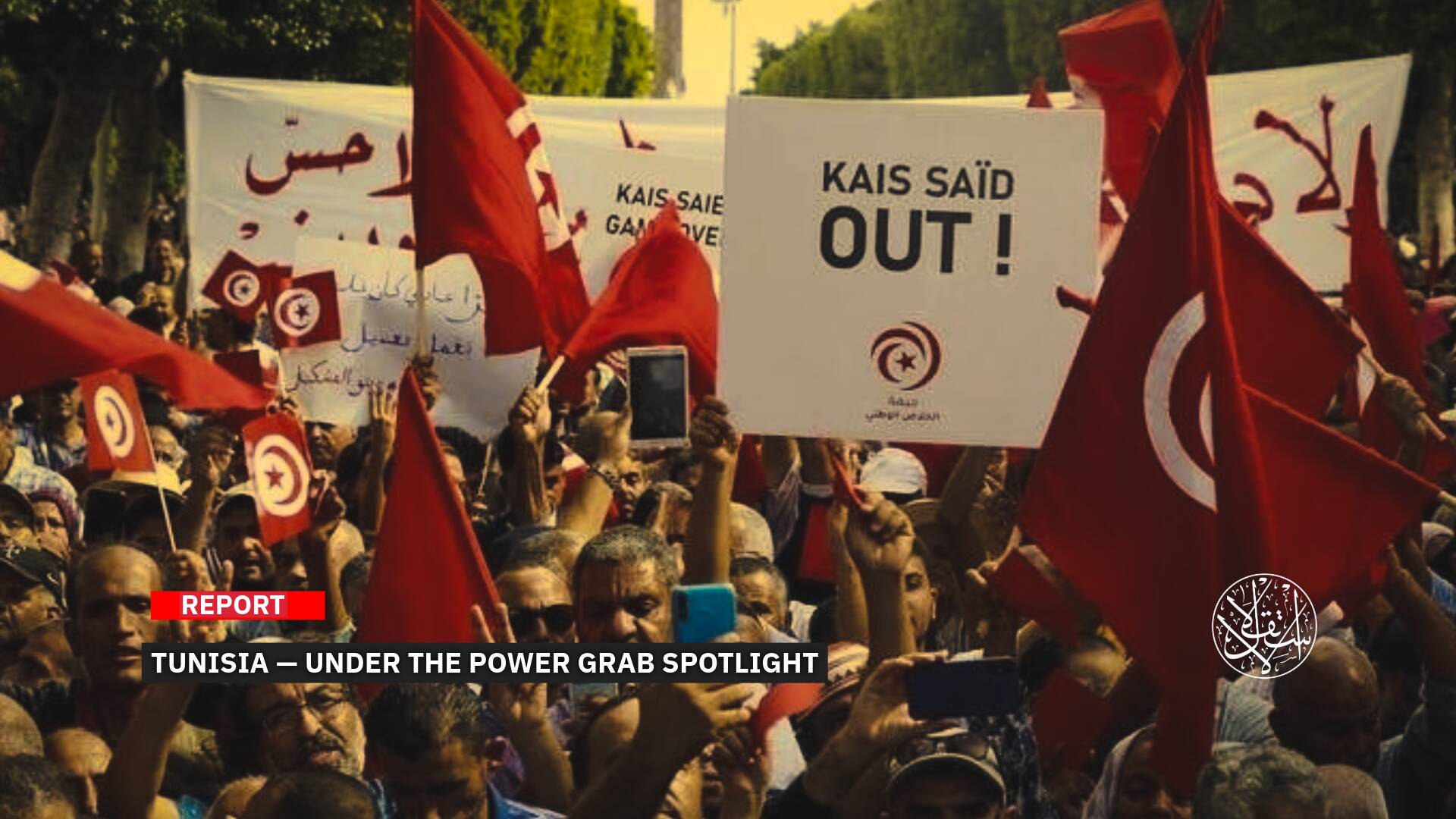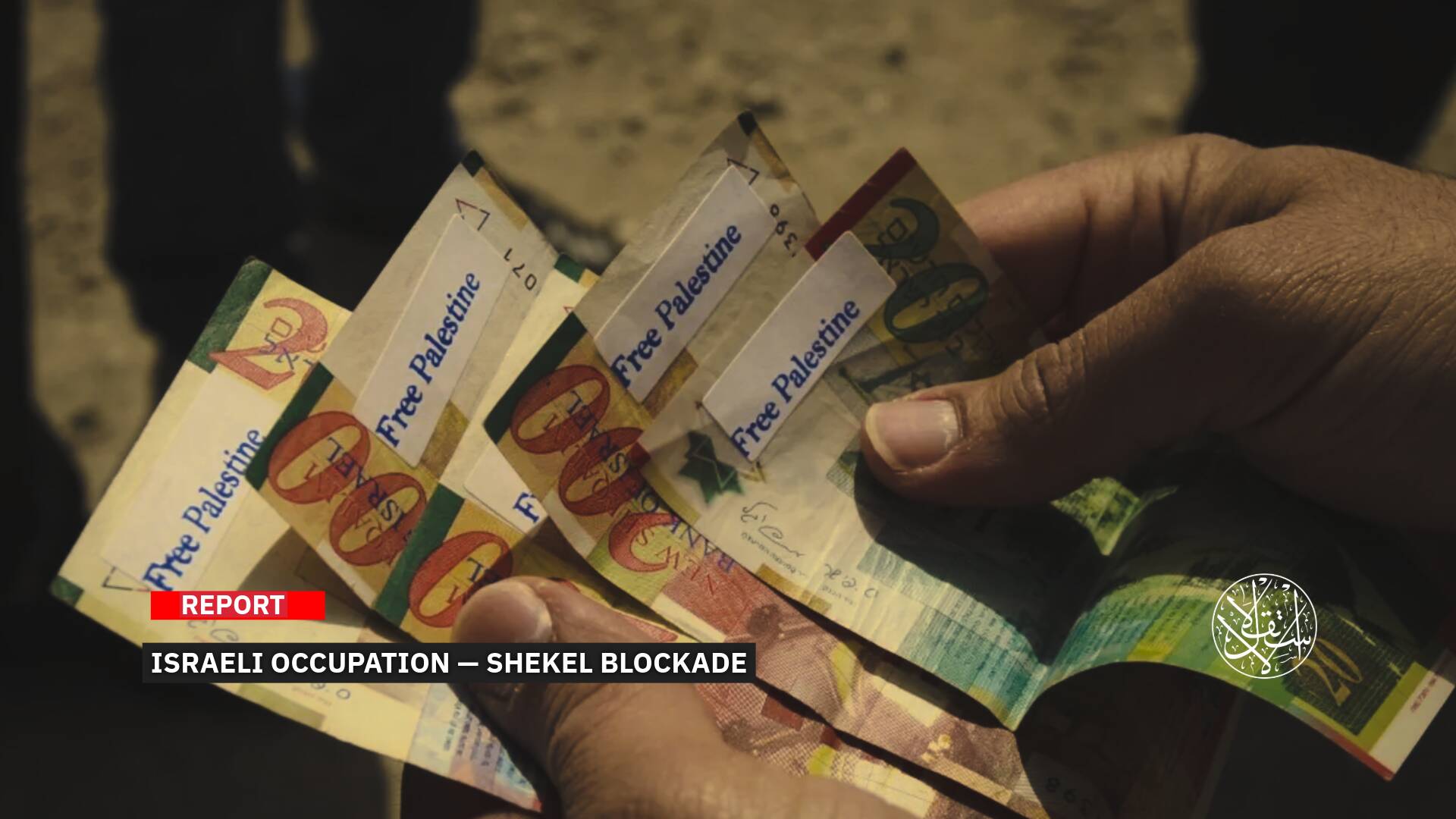From Refugees to Representatives in Municipalities: Secret Behind Syrian Integration in Belgian Society

Municipalities in Belgium hold significant power and autonomy.
Amid rising calls for their deportation, some Syrian refugees have defied the odds, not only integrating into society but also gaining citizenship and entering the political arena in Europe.
In a notable achievement, two Syrian women won seats in Belgium’s municipal elections on October 13, 2024, selecting councils for all 581 municipalities for the next six years.

Serving the Community
Syrian-Belgian Sally Ghannoum, 44, a candidate from the center-right Vlaams Belang, won a seat in the local elections for the council of the Deurne district, home to around 85,000 residents.
Deurne is the largest district in Antwerp, the main city in Flanders, Belgium, and the province's economic hub, which bears the same name.
Ghannoum left Syria in 2015, and before arriving in Belgium, she worked as an English teacher for children in Aleppo. She and her family sought refuge in Antwerp, where she and her husband opened a restaurant.
Another Syrian-Belgian, Siham Hazouri, also won the municipal elections for the Labour Party (PvdA) in the Deurne district.
Hazouri received 1,449 votes citywide in Antwerp and 415 votes in Deurne, securing her a seat in the local council.
Hazouri, originally from Aleppo, ran for municipal elections on the Labour Party list in Antwerp. She had been working as a social volunteer and Arabic teacher.
What stood out in these elections was that four Syrian women ran for office in Belgium’s municipal elections, aiming to make a difference for the Syrian community. Two of them successfully won their races.
These candidacies come amid broad participation by Syrian refugees who have gained Belgian citizenship, reflecting their integration into their new society and their commitment to contributing to decision-making and championing their causes.
By the end of December 2023, Syrians were the second-largest group to acquire Belgian citizenship in 2022, with 3,615 Syrian refugees granted citizenship out of a total of 48,472 individuals from various nationalities, according to Mirya, Belgium’s Federal Migration Center.
To obtain Belgian citizenship, one must legally reside in the country for five years, be employed, and speak one of the three national languages: Dutch, French, or German.
Belgium is composed of three regions: Flanders, which has five provinces, Wallonia, where French is predominantly spoken, and Brussels the capital, which consists of 19 municipalities.
Each region has its own government and parliament, which manage decisions related to economic policies, environmental issues, transportation, and more.
In Belgium, it is well known that local politicians who run the municipalities wield significant influence over residents' daily lives.
Belgian municipalities enjoy a high degree of authority and independence compared to their counterparts in other European countries. It is crucial to know who runs your local municipality.
Municipalities make numerous decisions regarding public spaces, mobility, and urban planning. They are also responsible for street cleaning, schools, and social services.
The town hall is the first stop for citizens for all kinds of administrative procedures, from parking permits to citizenship applications.
These elections offer Belgian parties a chance to form coalitions that advocate for affordable housing, quality education, and safer, cleaner neighborhoods.

Solving People’s Problems
In this context, Ghannoum discussed her upcoming municipal projects, stating, “Since I succeeded in a small district, I will focus on public services, addressing everyday issues that people face. I will also support small and medium-sized enterprises within the available resources.”
Speaking to Syria TV, an opposition media outlet, she added, “In the long term, if I succeed in the upcoming regional elections, my goal will be to amend the unfair labor law and reduce taxes, which will benefit the economy overall and positively impact both the locals and newcomers.”
Regarding newcomers, Ghannoum said, “I will do my best to assist them with administrative and legal matters and be there for them whenever they need me. This is something I was doing before the elections, and I will continue to do so within the limits of the authority granted to me.”
Vlaams Belang calls for reclaiming control over borders and insists that asylum applications, along with the provision of shelter and protection, should be handled outside the European Union, preferably in the refugee’s country of origin or region.
The party also calls for denying asylum and residency rights to anyone trying to enter European territories illegally. They aim to make asylum “a privilege, not an inherent right.”
These results, which highlight the rapid integration of refugees into European societies to the extent of participating in political and democratic competition, come as migration issues dominate the European Union’s agenda. This is particularly driven by the electoral progress of far-right parties in many European countries.
Notably, this follows the EU's adoption of the Migration and Asylum Pact in May 2024, set to take effect in mid-2026. The pact aims to strengthen border control and establish a solidarity mechanism among the 27 member states to handle asylum applications.
Experts in refugee issues emphasize that the quickest path to citizenship and societal influence for refugees is through swift integration, engagement with the new society, learning the language, and adhering to the laws.
An example of this is seen in the candidacy of two young Syrian men for the Belgian parliamentary elections in June 2024 on the Socialist Party list, though they were unsuccessful in securing seats.
One of the candidates, Dara al-Sheikhi, from the al-Hasakah province, said he ran for the Socialist Party list because the party believes in equal opportunities for everyone in society and in supporting the vulnerable groups who need greater help.
“This party has built Belgium’s healthcare sector over the past 50 years, and during my illness, I truly appreciated its importance as I didn’t have to pay any of the high costs for my treatment,” he added.

Signs of Integration
A notable example of Syrian integration into Belgian society was when King Philippe of Belgium honored a 57-year-old Syrian woman named Nadia Kouzam in early October 2023. She was recognized for her volunteer work, particularly in supporting newly arrived refugees in the country.
After fleeing Syria with her family in 2011, Nadia settled in the city of Ostend, located in the West Flanders province. There, she became actively involved in distributing food to those in need and organized Dutch conversation sessions for new refugee arrivals, according to Het Nieuwsblad.
Another example of Syrian integration came in 2022 when two Syrian refugees launched an initiative to provide meals to the poor and needy in Belgium as a way of “giving back.” The Belgian media praised this gesture in a country that has welcomed thousands of Syrian refugees.
According to De Morgen in November 2022, Syrian refugees Imad and Ali Khalif announced a program offering free meals to the poor in their restaurant in Belgium. The two refugees, who arrived in Belgium in 2016, now run a restaurant and wish to give back to those in need.
These positive contributions from Syrian refugees in the European countries they’ve fled to—escaping the brutal “military campaign” of Bashar al-Assad’s regime—demonstrate their desire to start a new life and contribute to the societies that have offered them refuge.
When Italy, under the leadership of Giorgia Meloni, the far-right prime minister and leader of the Brothers of Italy party, signed a controversial agreement with Albania at the end of 2023 to process migrant cases intercepted in Italian waters and deport those rejected, many European officials voiced their disapproval.
Migrants who are rescued at sea are transferred to centers outside the EU's borders for their asylum claims to be processed.
On October 18, 2024, Belgium’s Prime Minister, Alexander De Croo, stated during a summit in Brussels, that these “centers have never proven effective in the past” and were “always too expensive.”


